Why Read a Book if it doesn’t make a difference?
Share this article:
 I’ve been spending quite a bit of time working out how to properly embed learning recently. I’m an avid reader; in a typical year I will get through at least 40 books on a wide range of topics. Sometimes the books I read are entertaining and inspiring, sometimes they contain practical ideas and advice which I want to build into the way I work. Over the last few weeks I have been pulling books off my bookshelves that have things that I want to work on. These books have included:
I’ve been spending quite a bit of time working out how to properly embed learning recently. I’m an avid reader; in a typical year I will get through at least 40 books on a wide range of topics. Sometimes the books I read are entertaining and inspiring, sometimes they contain practical ideas and advice which I want to build into the way I work. Over the last few weeks I have been pulling books off my bookshelves that have things that I want to work on. These books have included:
- Peter Senge – The Fifth Discipline (probably read this 20 years ago!)
- John Stepper – Working out Loud (read a couple of years ago)
- Rosamund Stone Zander – Pathways to Possibility ( again, a couple of years ago)
- James Hillman – A Blue Fire (from my PhD research back in the 1990s)
There’s a stack of 20 or so books in total. I won’t bore you with a complete list. But the key issue is figuring out how to skim through these books and capture the essence of what I can use practically now. I began with the John Stepper book. This book has really handy sections at the end of each chapter, short calls to action – something you can do in a couple of minutes. It makes re-reading the book so easy!
Other books are so much more dense. For example, the Peter Senge book – this is a really in-depth book that builds a theory incorporating complexity and the principles of the learning organisation. I am really keen to explore Senge’s work and look at using it in my daily practises. I also have a follow-up book that I haven’t read yet – a Fieldbook which has practical exercises in it.
When I did my PhD thesis I learnt how to speed read and how to extract information from a source book without reading it from cover to cover. These are the skills that I will need to deploy as I dip back through the books that are calling to me to be re-discovered. It’s a basic skill that begins by looking at the contents, the index, looking for helpful ways into the book that the author may have used. Some writers give summaries at the beginning and / or end of chapters. All of these help to get through a book so much quicker.
This approach doesn’t apply to all books, and certainly not to books that I haven’t read yet, where I want to really immerse myself in the writer’s work – then it’s better to read the whole thing and absorb what the writer has produced. It’s just that this isn’t always the best approach.
You may be wondering why this is such an issue, when I could just take the time to reread these books again. The tricky thing is that there are so many books I haven’t read and want to read, that I really do want to be sure that I sharpen my approach to revisiting books.
Finally, I use journals to capture the key things that I want to embed into my practise. I don’t just use one journal – I have a paper one for notes and scribbling ideas (in fact I have two of these, a personal one and a work one), and then I also use Evernote to capture ideas and thoughts in a digital format that I can see on any of my devices and also easily search for. If I don’t capture things in this way, I find that they don’t sink in as well.
I hope these ideas are useful, there is nothing startlingly original in these approaches. Do drop a note in the comments section below if you have ways of working that you think may help me. Thanks for reading.
